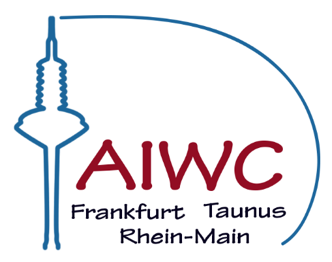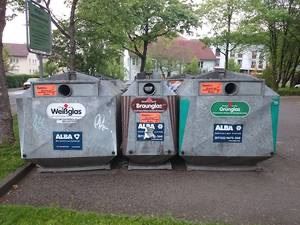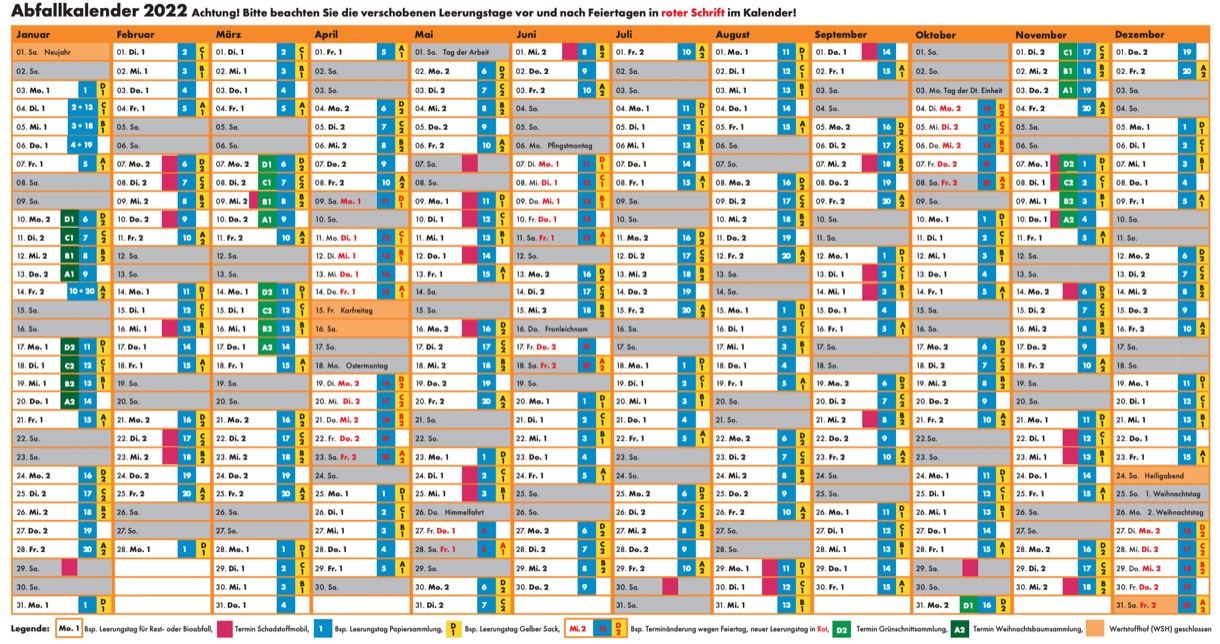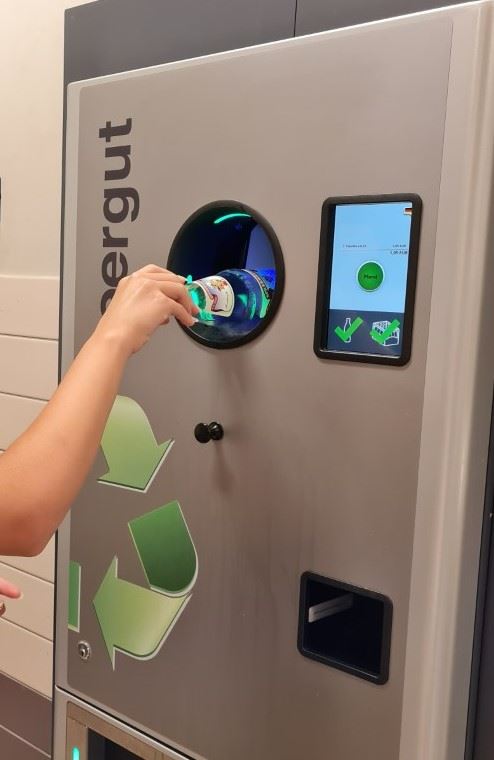Trash/Rubbish/Waste Disposal
You may know about Germany's evolved approach to trash disposal - they are world leaders in large-scale recycling and composting programs - and in practice, it's pretty impressive. Germany makes it easy for every household to be almost zero-waste - and the whole society is committed to that principle, which means you either adopt it, too, or accept the scorn of the locals who see you pitching things that can be recycled or reused! It's a bit hard to get used to at first, but once you do, there's no going back. To start, every household has, or has access to, four 'trash' cans. Each of these trash cans is smaller than any I ever had in the U.S. - and they aren't picked up every week. Almost all household waste is recycled - there's a brown bin for compost (added to the community compost pile), a blue bin for paper (cardboard and newspapers, sure, but you're even expected to pull paper off of food packaging, envelopes, wrappers, etc), and a yellow bin for plastic (almost all plastic - including any plastic packaging like food wrap or envelope windows). Trash that isn't recycled is the smallest can - I have nicknamed it 'rest of trash', because in German, the word is, 'Restmüll' (please continue reading because, as you'll see, not everything can go in this bin - like glass, batteries, electronics, etc). Each household receives a friendly neighborhood trash schedule so you can remember when to put each bin out - it makes my brain hurt to read it, but after a few weeks you get used to the pattern. If you lose this piece of paper, you can also find the schedule online, usually under a query like, 'Stadtwerke' with your town name. There are special places to dispose of glass and batteries. On nearly every street or nearby corner, you find glass recycling bins (different bins for brown, green, and clear/white glass), and battery recycling is usually in grocery or hardware stores, or even IKEA. You can also get money back for your used drink bottles Just take the bottles back to the store where you bought the drinks. Most grocery stores have a recycling machine that you place your bottles in. After all of your bottles have been accepted, you push the button on the machine to get a receipt. Take the receipt to the register, give it to the cashier, and you will get your money back. The word for a used container (glass bottle, mug, plate, really anything that you 'borrow' from a store or restaurant) is Pfand. It's great to see the results - the streets here are extremely clean, trash bins aren't overflowing, restaurants give out very few 'extras' like napkins, plastic utensils are simply not a thing, and stores sell a very limited supply of disposable items. Most people are conditioned to use non-disposable items as much as possible. Once you start recycling everything, it becomes so hard to throw the tiniest thing away. For one, if you 'cheat' too often by putting recyclables in 'rest of trash' - your 'rest of trash' bin gets filled up so fast you end up having to store bags of trash for the next 2-week cycle. Gross!! And now when we travel to other countries - even right next door - we are appalled at how much we end up throwing away that could be reused or recycled. Yes, this trash thing in Germany is definitely a system - but once you understand it, it's a lot easier to get on board! | 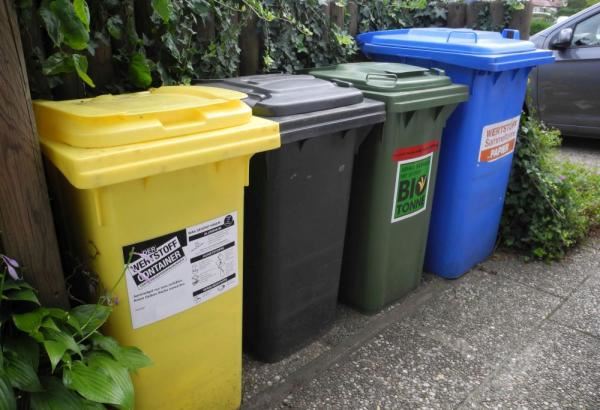 Yellow is for Plastic/Packaging, Black/Brown is for 'Everything Else', Green/Brown is for Compost (Food & Yard Waste), and Blue is for Paper. Take Batteries to your local grocery or hardware store, and look for the labelled bin near the entrance!
Glass Recycling containers are located in each neighborhood, likely near the end of your street Sort into White/Clear, Brown, and Green Glass. Don't throw glass in during 'quiet hours' - late evening, early morning, and Sundays.
Trash Schedules are posted on your local community website (in Oberursel, it's 'BSO Oberursel', bso-oberursel.de). Find your street's pickup times for each type of trash can! 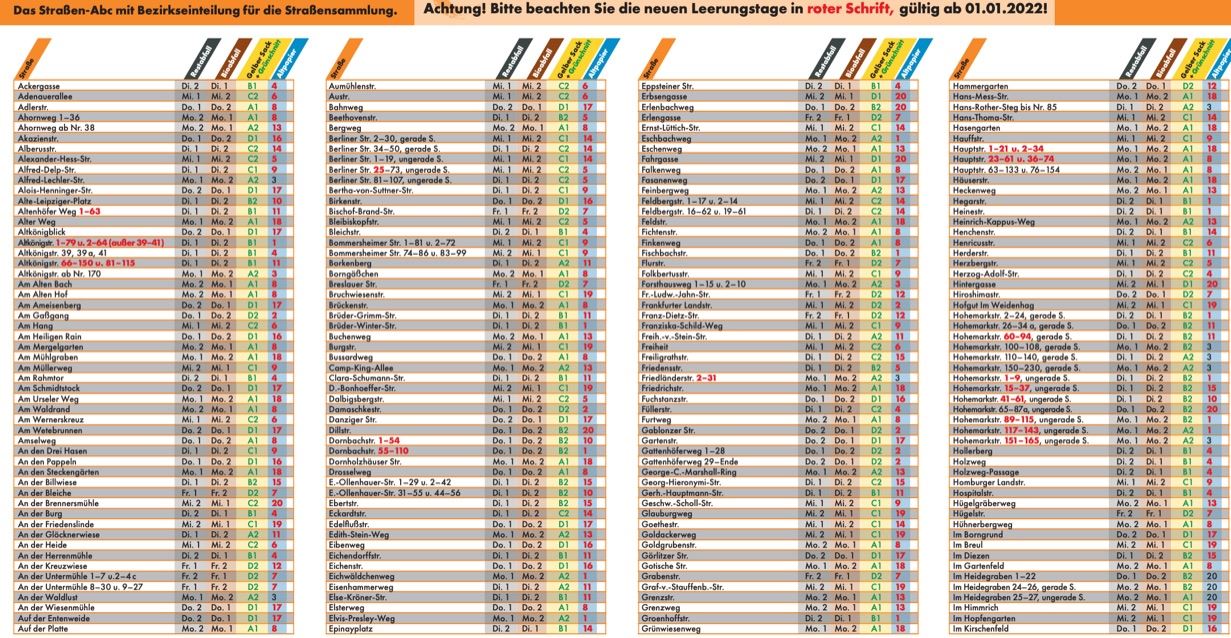
Bottle recycling machines like this are located at every grocery store, usually near the entrance. Deposit empty beverage bottles and receive a cash credit that you can use at the register for grocery purchases. |
